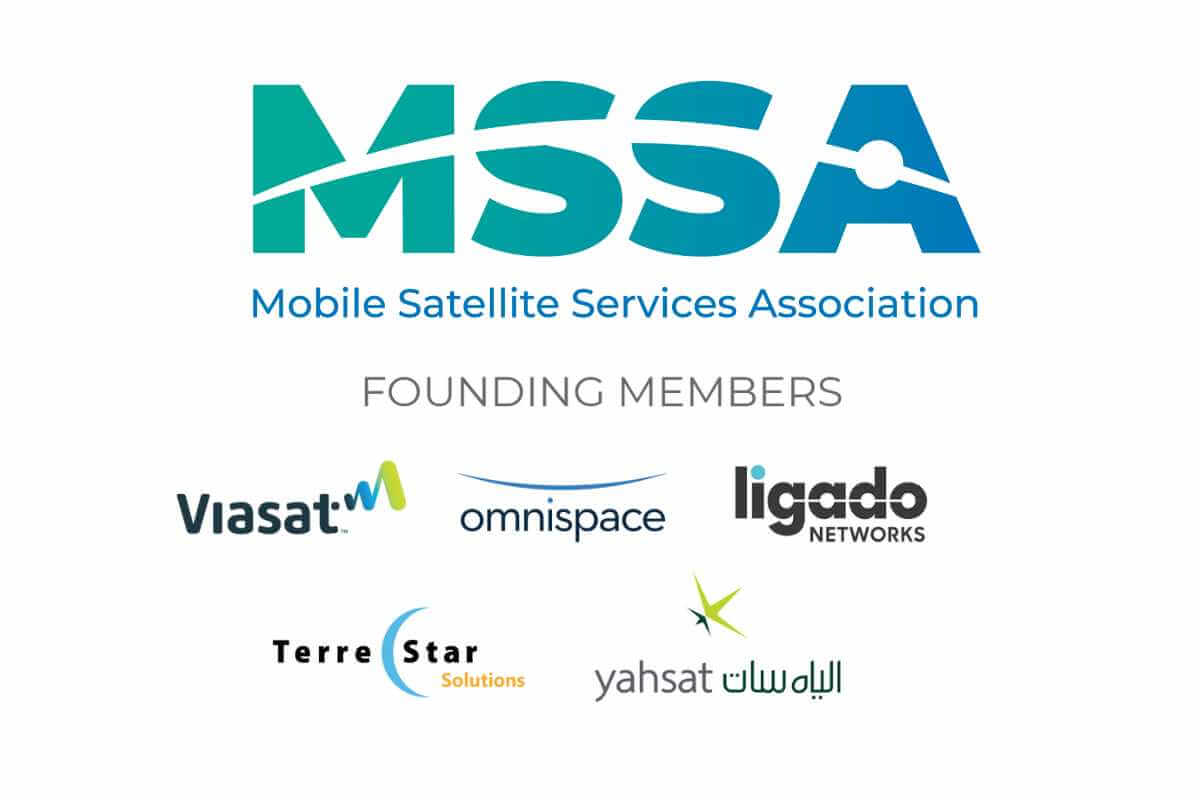
Viasat, Terrestar Solutions, Ligado Networks, Omnispace, and Al Yah Satellite Communications Company (Yahsat) announced the formation of the Mobile Satellite Services Association (MSSA) last week, to bring significant scale to promote and advance the emerging Direct-to-Device (D2D) ecosystem. According to the official statement, MSSA plans to integrate terrestrial and non-terrestrial network (NTN) services to deliver scalable, sustainable, and affordable connectivity to any device, anytime, anywhere.
Also Read: Skylo Launches Direct-To-Device Service in US and Canada
Objectives and Plans
MSSA plans to develop a global ecosystem utilising over 100 MHz of L- and S-band spectrum already allocated and licensed for mobile satellite services (MSS), aligning with 3rd Generation Partnership Project (3GPP) standards to extend terrestrial mobile coverage for both Mobile Network Operator (MNO) and Over-the-Top (OTT) internet services.
Advantages of MSS Licensed Spectrum
Highlighting the advantages of MSS licensed spectrum, MSSA noted existing space networks' immediate ability to offer Narrowband Internet of Things (NB-IoT) services, an established international regulatory framework, no interference with terrestrial networks, and more spectrum to advance 5G New Radio (5G-NR) services. This spectrum enables all MNOs to integrate space/terrestrial systems across their entire service area without sacrificing terrestrial spectrum.
Also Read: Telus, TerreStar, and Skylo Successfully Trial Satellite Connectivity for Smartphones, IoT Devices
The Association is reported to foster a D2D ecosystem of solutions providers, including terrestrial mobile and satellite operators, OEMs, infrastructure, chip vendors, and others.
MSSA and Viasat said, "The Association will help create opportunities to scale NTN systems via open, standards-based solutions for D2D and IoT. We believe this can be done while preserving critical MSS aviation and maritime safety services and by expanding the markets supporting diverse users through substantial improvements in speed, bandwidth, availability, interoperability and affordability."
Also Read: Viasat, Ligado and Skylo Ink Deal to Offer Direct to Device Services
Core Goals of MSSA
MSSA's core goals include unlocking interoperable architectures and standards for multi-orbit satellite systems, enhancing seamless global roaming between terrestrial and multi-orbit satellite networks, achieving scale through improved coordination among MSS operators, maximising scarce multi-orbit space and spectrum resources, advocating for rational, efficient, safe, and sustainable use of spectrum and orbits, providing a neutral forum for international standards activities, and supporting the integration of space networks into national telecommunications infrastructure.















